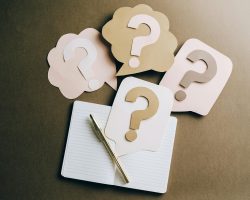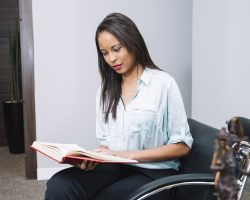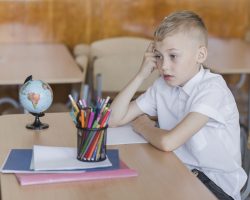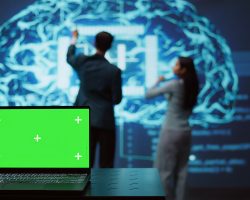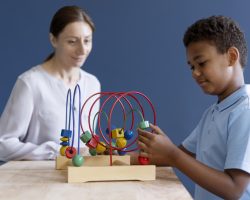Tag Archives: LGBTQ
Neurodiversity: Join the Movement!
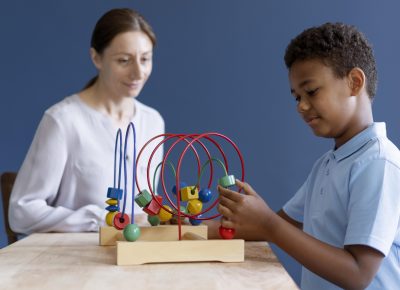
What is Neurodiversity?
Neurodiversity and mental health is a concept that celebrates neurological differences as natural variations in the human population. Literally, neurodiversity means “differently wired.” This term reflects the brain-based differences that make neurodivergent people think, learn, behave, and work differently from the majority of the population, known as “neurotypicals.”
Key Differences Between Neurotypicals and Neurodivergent Individuals
Neurodivergent individuals may have conditions such as Autism Spectrum Disorder (ASD), Attention Deficit Hyperactivity Disorder (ADHD), dyslexia, dyscalculia, dyspraxia, Nonverbal Learning Disorder (NVLD), language processing disorder, and auditory processing disorder. They may also struggle with challenges related to executive functioning, socialization, communication, and visual/spatial processing. Additionally, some neurodiverse individuals deal with epilepsy, Tourette’s syndrome, and mental health issues like depression, anxiety, and bipolar disorder.
Misunderstandings and Discrimination
Neurotypical individuals often have expectations about how others should behave and function. When these expectations are not met, neurodiverse individuals may be misunderstood and labeled as lazy or unmotivated, leading to discrimination. For instance, an autistic person might struggle with making eye contact or interpreting social cues, which can be wrongly perceived as rudeness or disinterest.
The Origins of Neurodiversity
The term “neurodiversity” was coined by Judith Singer, an Australian sociologist with autism, in a 1998 thesis paper. Singer compared the oppression of neurodiverse individuals to the historical marginalization of women, LGBTQ people, and nonwhite ethnic minorities. Her work sparked the Neurodiversity and mental health acceptance movement, which advocates for embracing individuals’ unique attributes rather than expecting them to conform to societal norms.
Complementary Cognition and Problem-Solving
Helen Taylor, Research Director at the Human Centre for Entrepreneurship at the University of Strathclyde, expanded on Singer’s work by introducing the concept of complementary cognition. Taylor’s research suggests that human brains have evolved to develop various skills that, when combined through collaboration, lead to better problem-solving outcomes. Her hypothesis is supported by cognitive psychology, neuroscience, and evolutionary research.
Benefits of Recognizing Neurodiversity
Recognizing and embracing neurodiversity reduces the stigma, rejection, isolation, and discrimination experienced by many Neurodiversity and mental health individuals. As neurodiverse individuals feel more accepted, their levels of anxiety, shame, and low self-esteem decrease. By viewing neurological differences as normal rather than abnormal, we acknowledge that neurodivergent individuals can be just as intelligent and capable as neurotypicals.
Contributions of Neurodivergent Individuals
Many neurodiverse individuals have been misunderstood and excluded from classrooms, sports, and jobs. Yet, their unique abilities, such as out-of-the-box thinking and innovative problem-solving, can greatly benefit society. For example, people with autism often possess exceptional attention to detail, visual thinking abilities, and logical reasoning, making them well-suited for careers in science, technology, and the arts. Famous inventors, scientists, and artists believed to have been neurodivergent include Albert Einstein, Nikola Tesla, and Emily Dickinson.
Accommodations for Neurodivergent Individuals
Changes in education and employment law have paved the way for accommodations, allowing neurodivergent individuals to access the same opportunities as others. These accommodations are tools that level the playing field, not special privileges. Cultural shifts are also evident in the increasing representation of neurodiverse characters in books, films, and television.
The Importance of Teaching Neurodiversity to Children
As a society, we must continue to promote the acceptance of neurodiversity. Teaching children to work collaboratively, respecting each other’s strengths, will prepare them to thrive in a neurodiverse world. By offering each child the opportunity to contribute, we can create better outcomes for everyone.
Neurodiversity Celebration Week
A great way to begin embracing neurodiversity is through Neurodiversity Celebration Week, held from March 13th to 19th. This year’s event features 24 separate activities, including panel discussions and webinars on topics such as language, culture, design tech, and justice-related issues.
Learn More About Neurodiversity
For more information on neurodiversity, check out my new book, Misnamed, Misdiagnosed, Misunderstood.
About Linda Karanzalis
Linda Karanzalis, a Board-Certified Cognitive Specialist, is the author of Misnamed, Misdiagnosed, Misunderstood, a new book on Nonverbal Learning Disorder and other brain-based challenges.
Dr. Ned Hallowell, a psychiatrist and world-renowned ADHD expert, praises Linda’s work:
“Linda’s book is vivid, compelling, full of heart and fresh understanding. Karanzalis replaces suffering with clarity and triumph for the millions of people with NVLD.”
Linda, who has NVLD and ADHD herself, has worked for more than 25 years with individuals of all ages who have NVLD, ADHD, learning disabilities, and those on the autistic spectrum. As an author, podcaster, presenter, learning specialist, and ambassador for the NVLD Project, she provides validation, awareness, solutions, strategies, and, most importantly, compassion to the millions who live with neurodiversity.
Find out more about her story and book at www.lindakaranzalis.com.
Follow Linda Karanzalis through her social media accounts:

Join the NVLD and NeuroDivergent Facebook Support Group
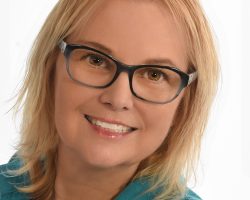 Linda Karanzalis, MS
Linda Karanzalis, MS
Linda Karanzalis, MS, is a former special education classroom teacher with over 25 years of experience in the areas of learning disabilities, ADHD, social-emotional learning, social skills training, and behavior management


